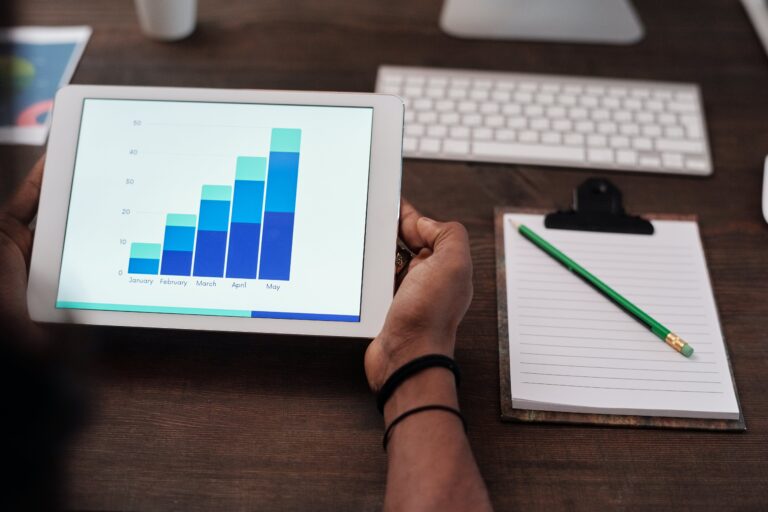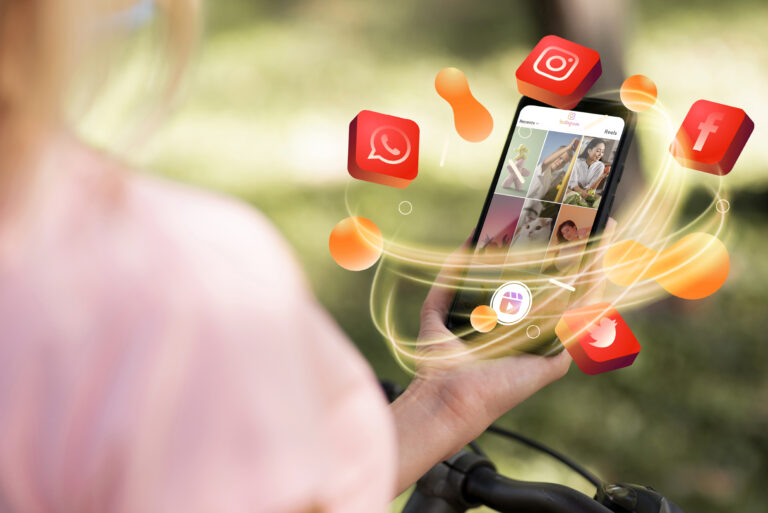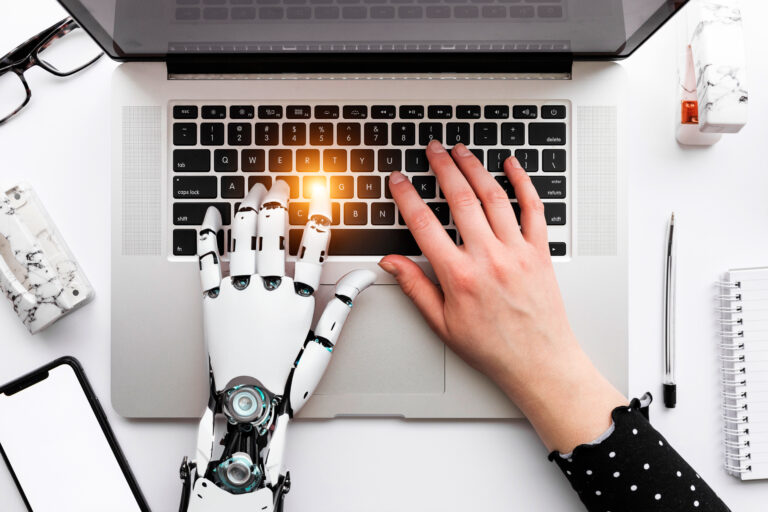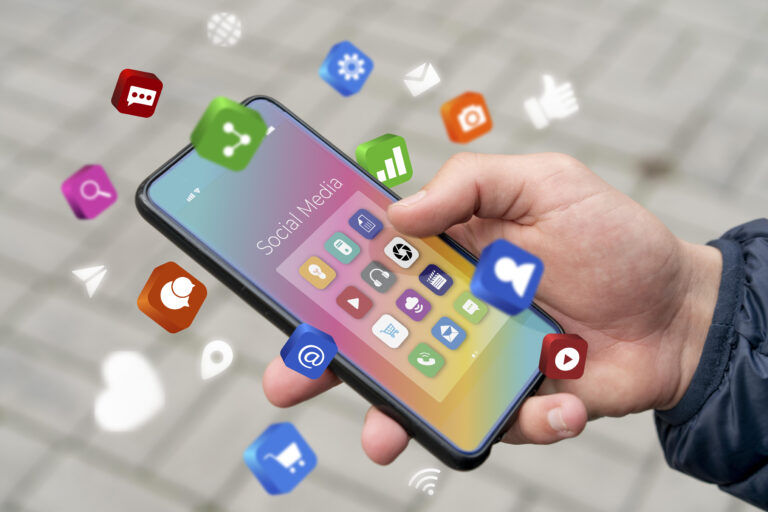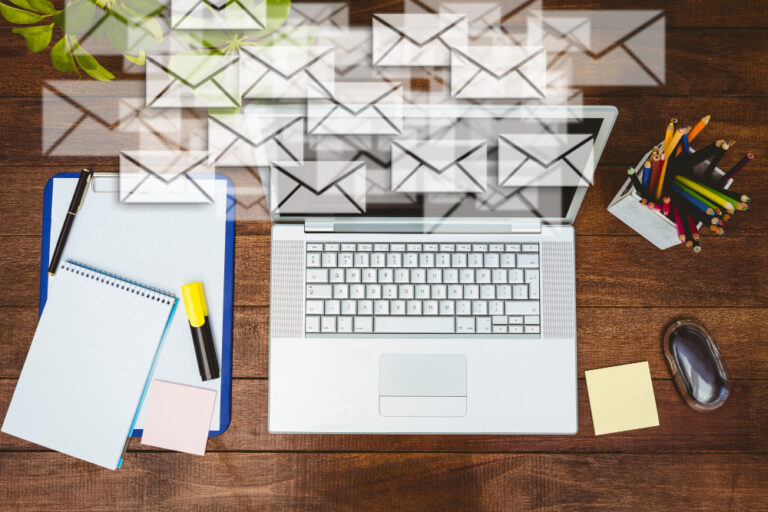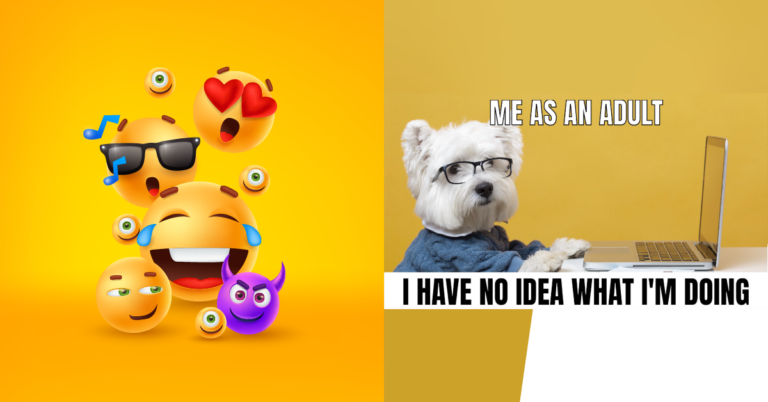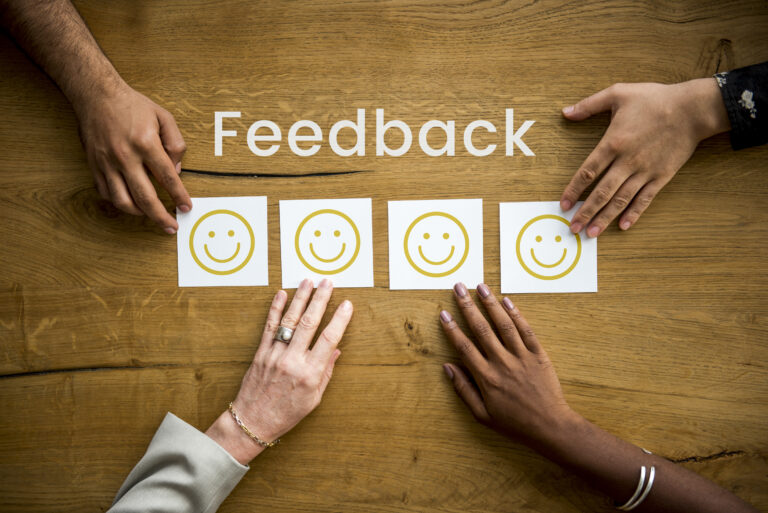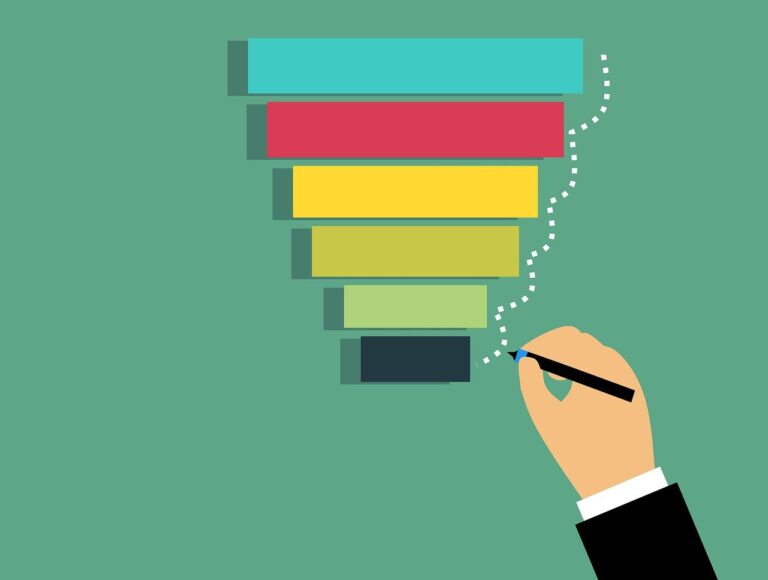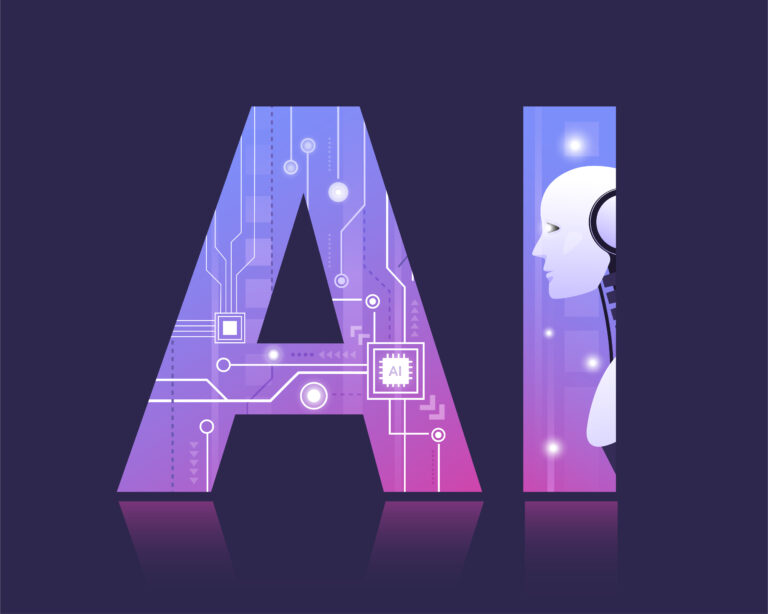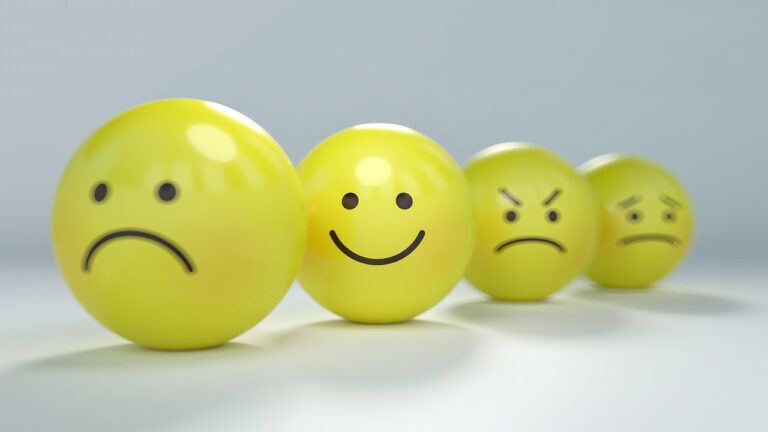Heading
Key Highlights
- Traditional agencies struggle with manual tasks, inconsistent performance, and poor data usage
- AI marketing agencies use automation to solve these core problems
- Learn why more brands are turning to marketing automation agencies in 2025
In today’s fast-moving digital space, brands are under pressure to perform smarter and faster. But most traditional agencies are stuck in outdated ways of working. They rely heavily on manual execution, guesswork, and linear campaign thinking. That’s where an AI marketing agency comes in. With tools powered by machine learning, automation, and real-time analytics, these modern agencies fix the gaps traditional firms can’t.
Here are the top five problems traditional agencies face—and how an AI marketing agency solves them.
1. Too Much Manual Work
Most traditional agencies still operate with manual campaign planning, reporting, and content production. This slows things down and increases human error.
A marketing automation agency automates repetitive tasks like email sequences, social media scheduling, and ad bidding. Campaigns can be launched, tested, and optimized with minimal manual intervention. This gives your team more time to focus on creative and strategic thinking instead.
2. Lack of Personalization at Scale
Traditional campaigns often rely on broad messaging. Personalizing content for hundreds (or thousands) of audience segments is just not scalable with manual tools.
An AI marketing agency uses data models to create dynamic, personalized journeys for each user. From subject lines to website content to ad copy, everything can be tailored to user behavior in real time. That means better engagement and higher conversions—without the need for more manpower.
3. Reactive, Not Proactive Campaigns
Conventional agencies typically work in campaign cycles—brief, execute, report, repeat. There’s little room for continuous learning or agile pivots.
A marketing automation agency runs always-on experiments. AI tools learn from ongoing performance and make real-time adjustments. If something isn’t working, the system shifts gears instantly. That level of agility is nearly impossible to replicate manually.
4. Inconsistent Reporting and Insights
Traditional reports are often delayed, biased, or incomplete. You get performance data days or even weeks after a campaign ends—too late to act on.
An AI marketing agency delivers live dashboards with predictive analytics. You see not only what’s happening, but what’s likely to happen next. This allows brands to make faster decisions based on real data, not assumptions.
5. Limited Content Velocity
In 2025, content demand is constant. Traditional content teams can’t keep up with the pace of blogs, videos, social posts, and ads needed to stay relevant.
A marketing automation agency uses AI tools to generate, repurpose, and optimize content at scale. They still follow brand voice guidelines but move faster publishing more content, more frequently, without burning out teams.
What This Means for You
If your current agency is struggling to deliver results or keep up with your brand’s growth, it might be time to explore a more automated, data-first approach. Partnering with an AI marketing agency can help you cut costs, improve targeting, and increase ROI across every marketing channel.
Frequently asked questions
Q1: What is a marketing automation agency?
A: A marketing automation agency uses tools powered by AI and machine learning to run, track, and optimize campaigns with minimal manual input.
Q2: How does an AI marketing agency personalize campaigns?
A: AI marketing agencies use data from customer behavior, purchase history, and engagement to create highly tailored content for each segment—automatically.
Q3: Is it expensive to switch to an AI-driven agency?
A: While there might be an upfront cost, most brands see long-term savings through efficiency gains, reduced manpower needs, and better ROI.
Q4: Can AI completely replace human creativity?
A: No. AI supports strategy and execution, but human creativity, storytelling, and brand voice still remain essential.
Q5: How can I transition from a traditional agency to an AI marketing agency?
A: Start by identifying which workflows are repetitive or underperforming. Then work with a marketing automation agency to gradually integrate AI into those systems.









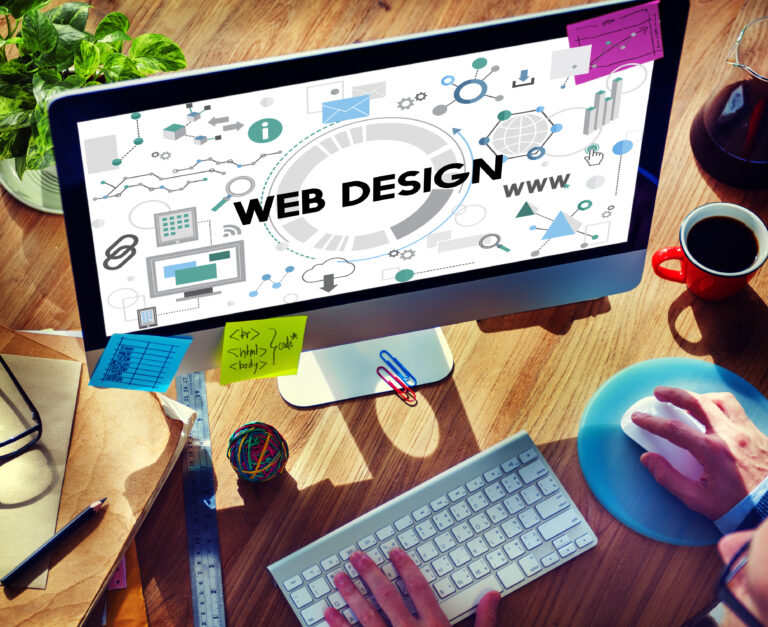
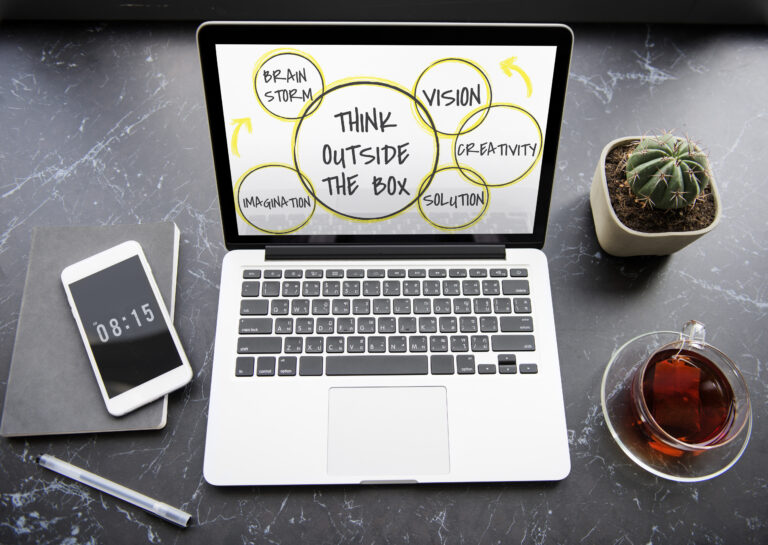
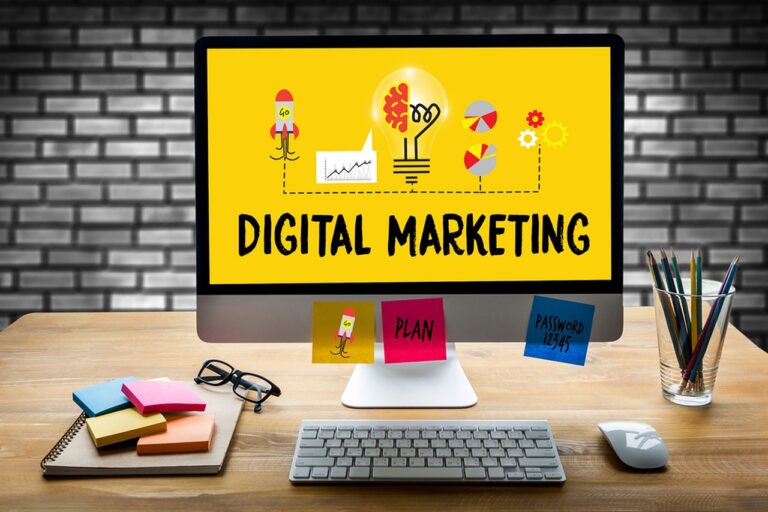
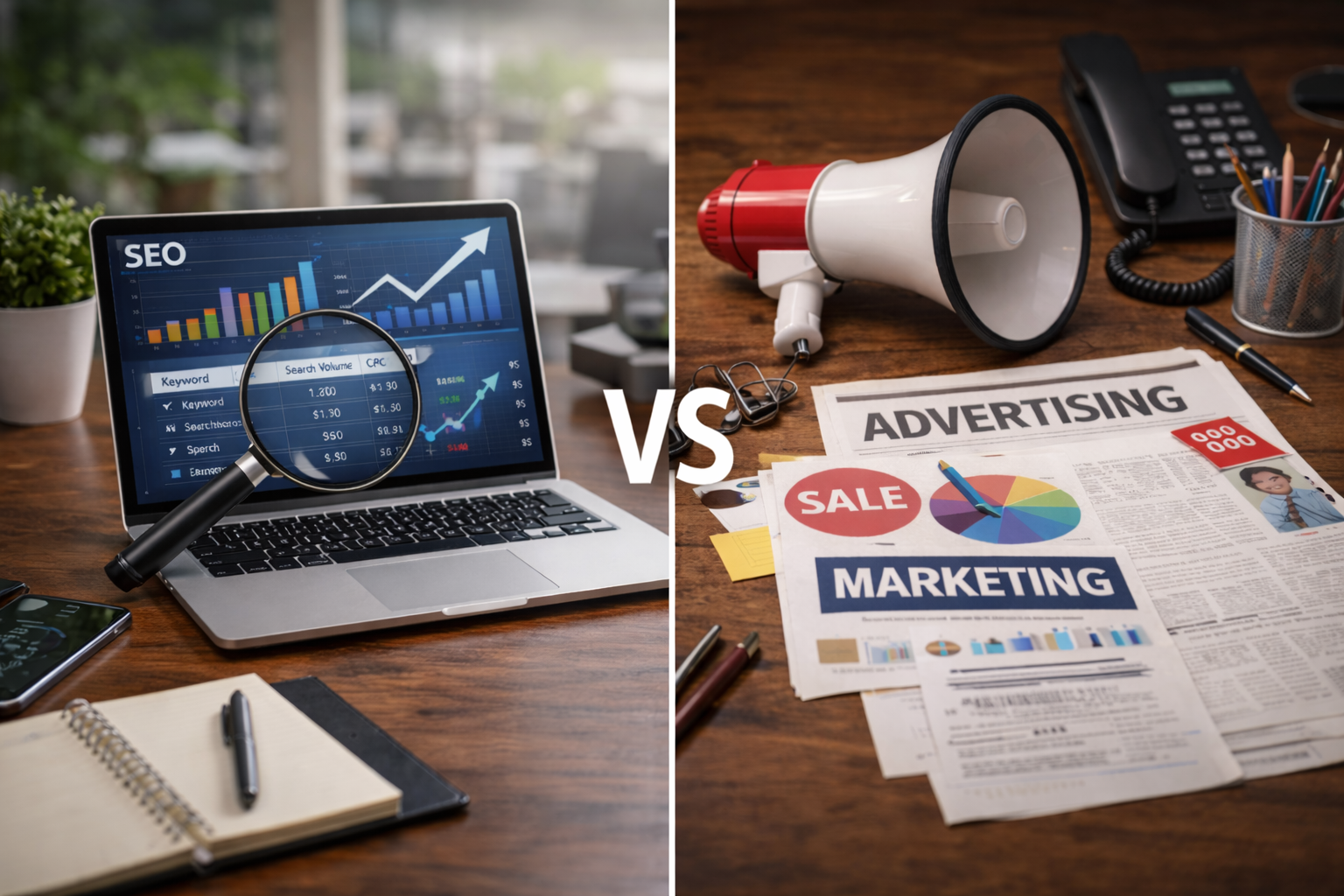
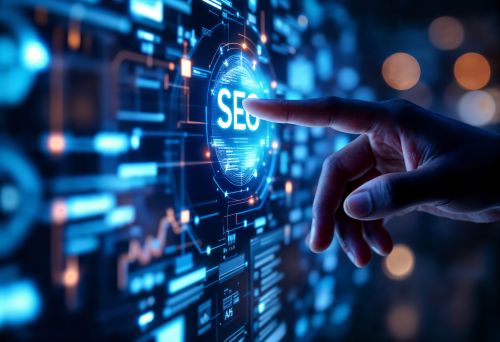
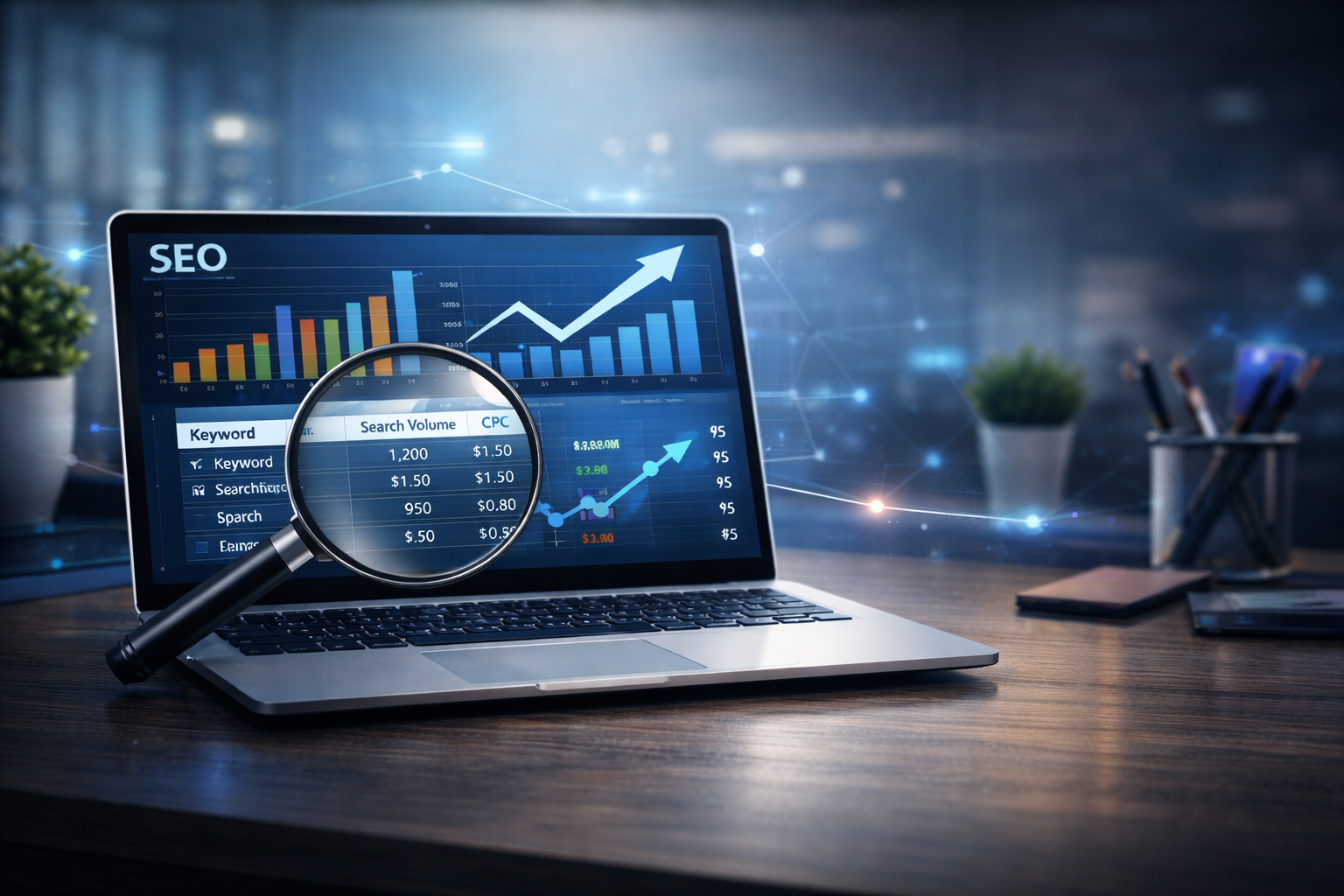
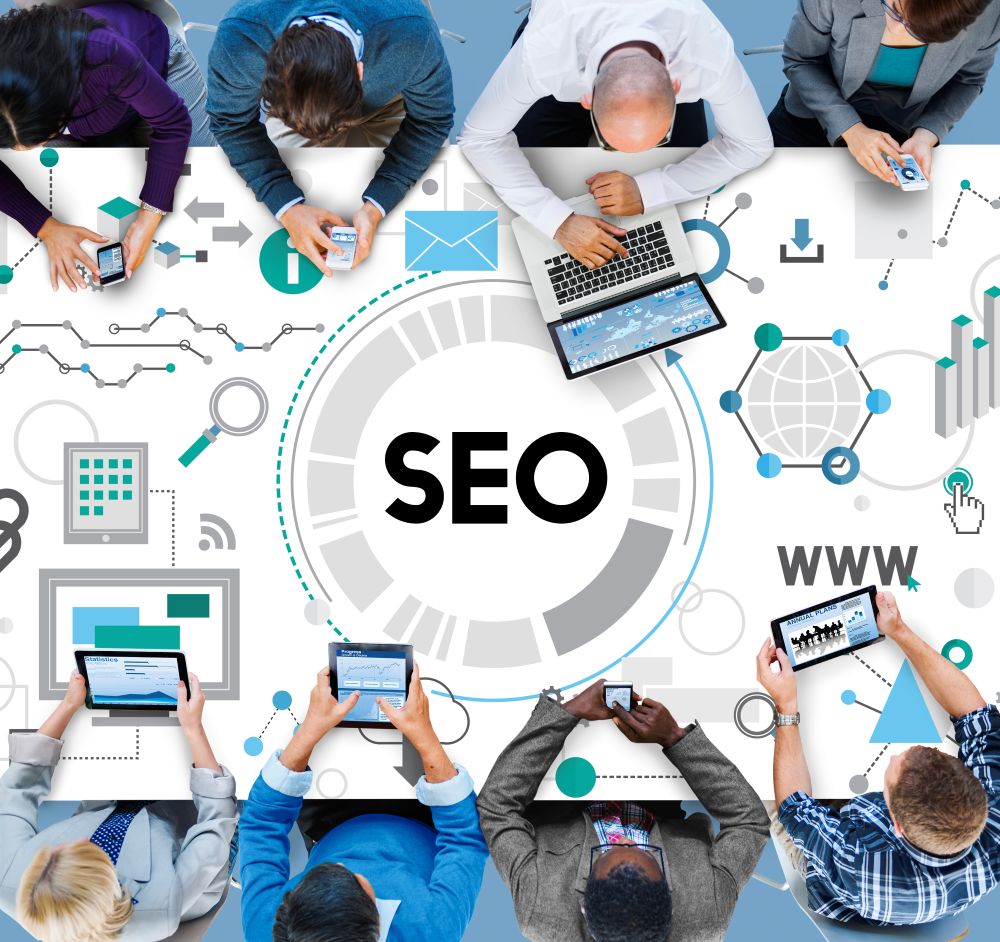




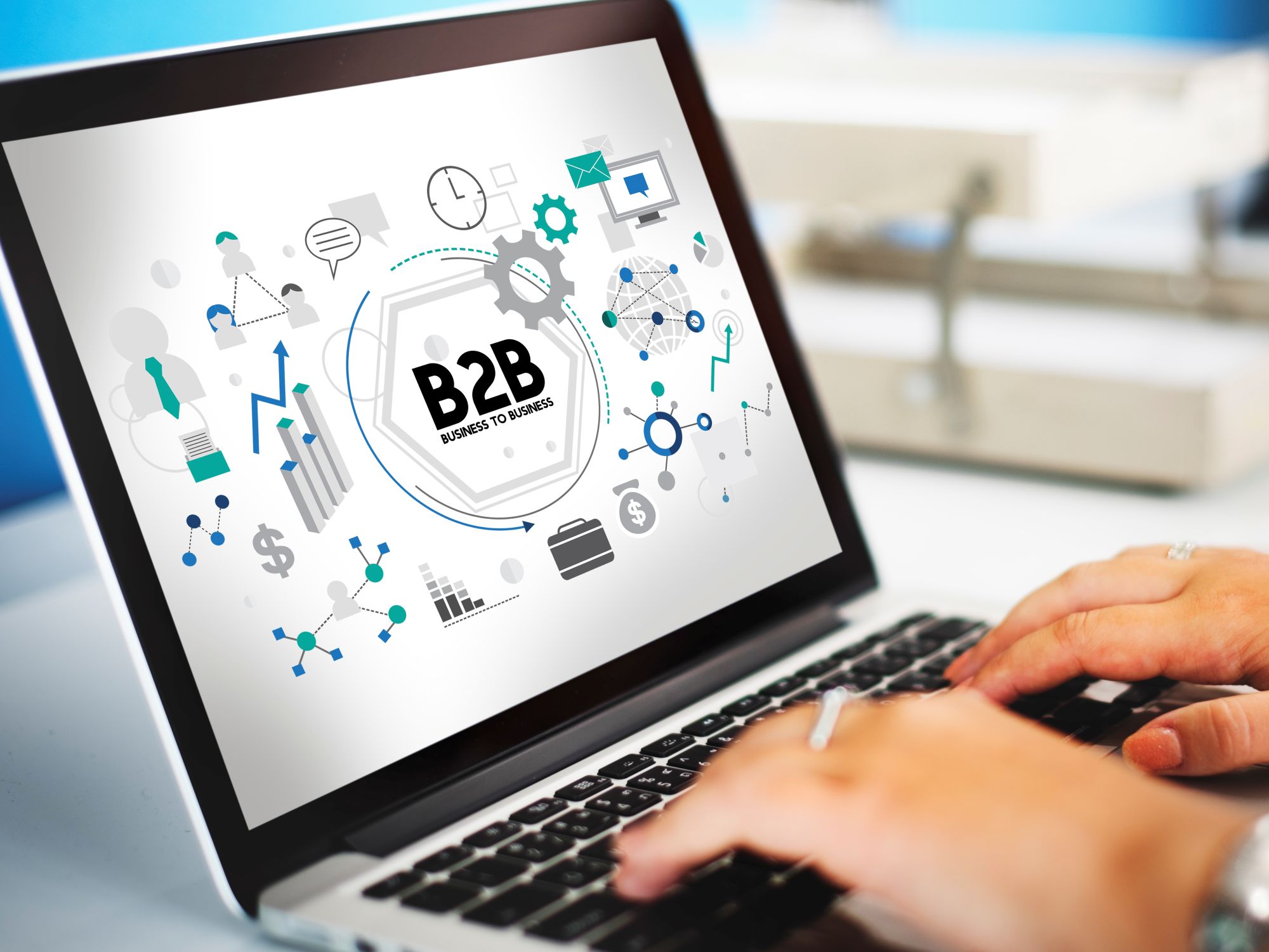


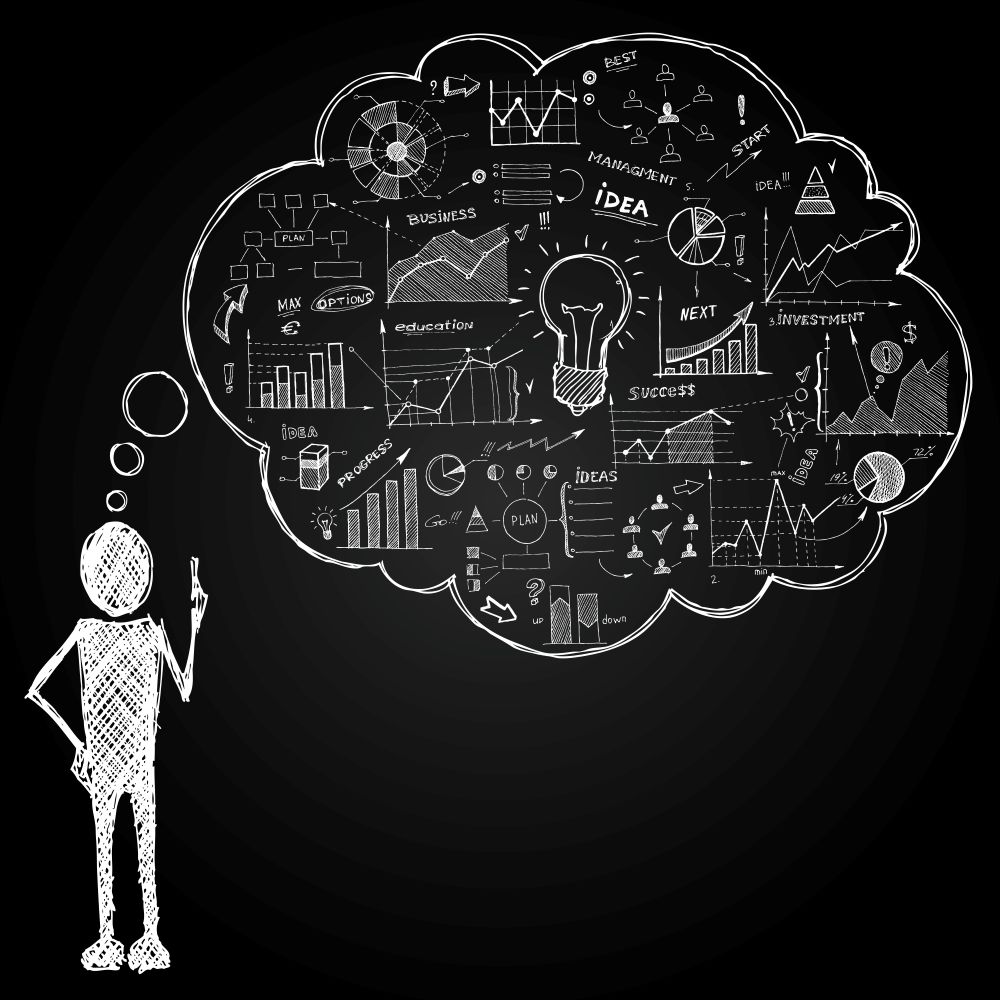








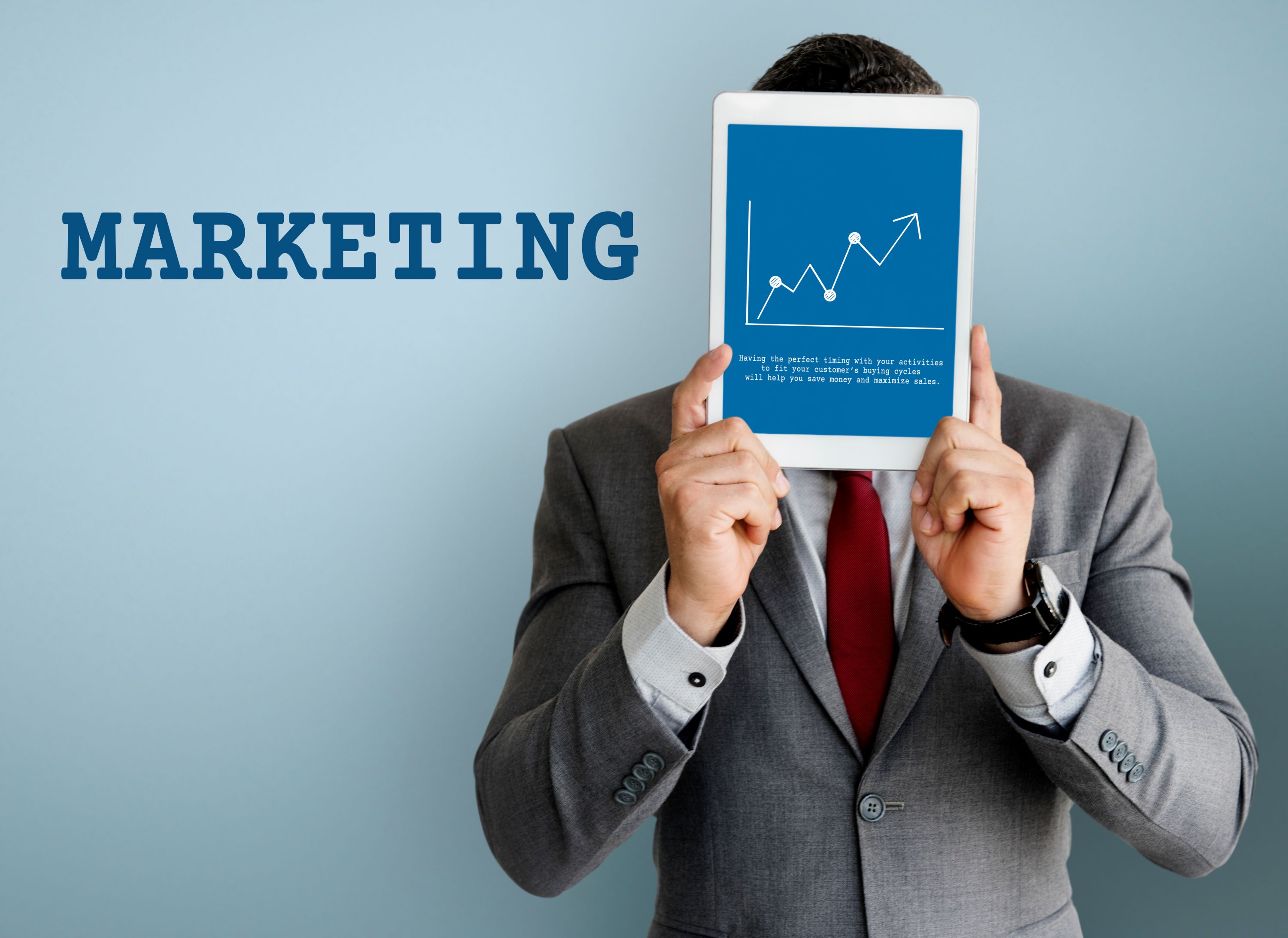
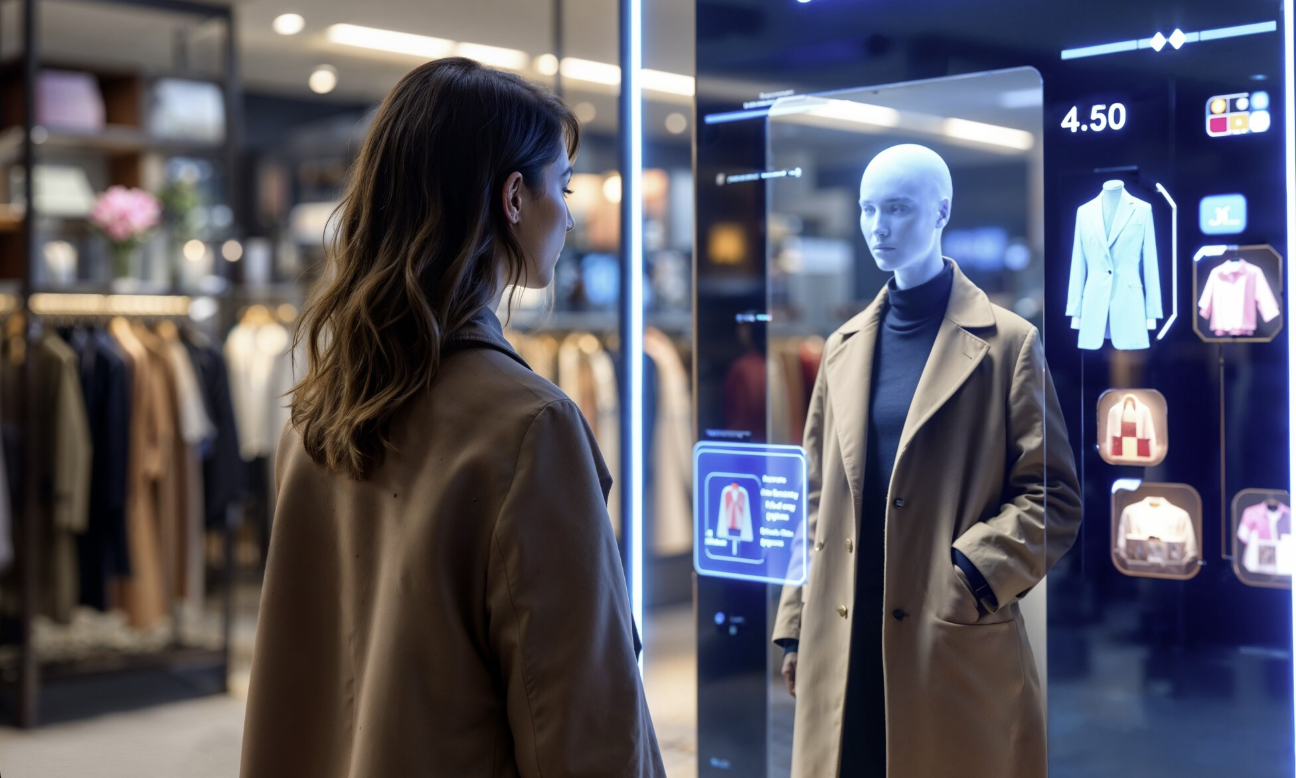



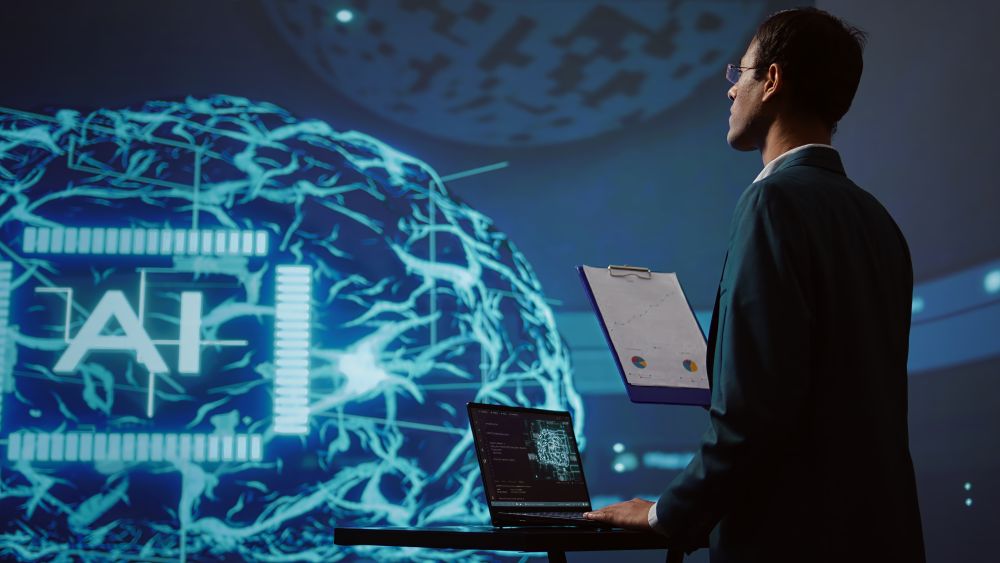
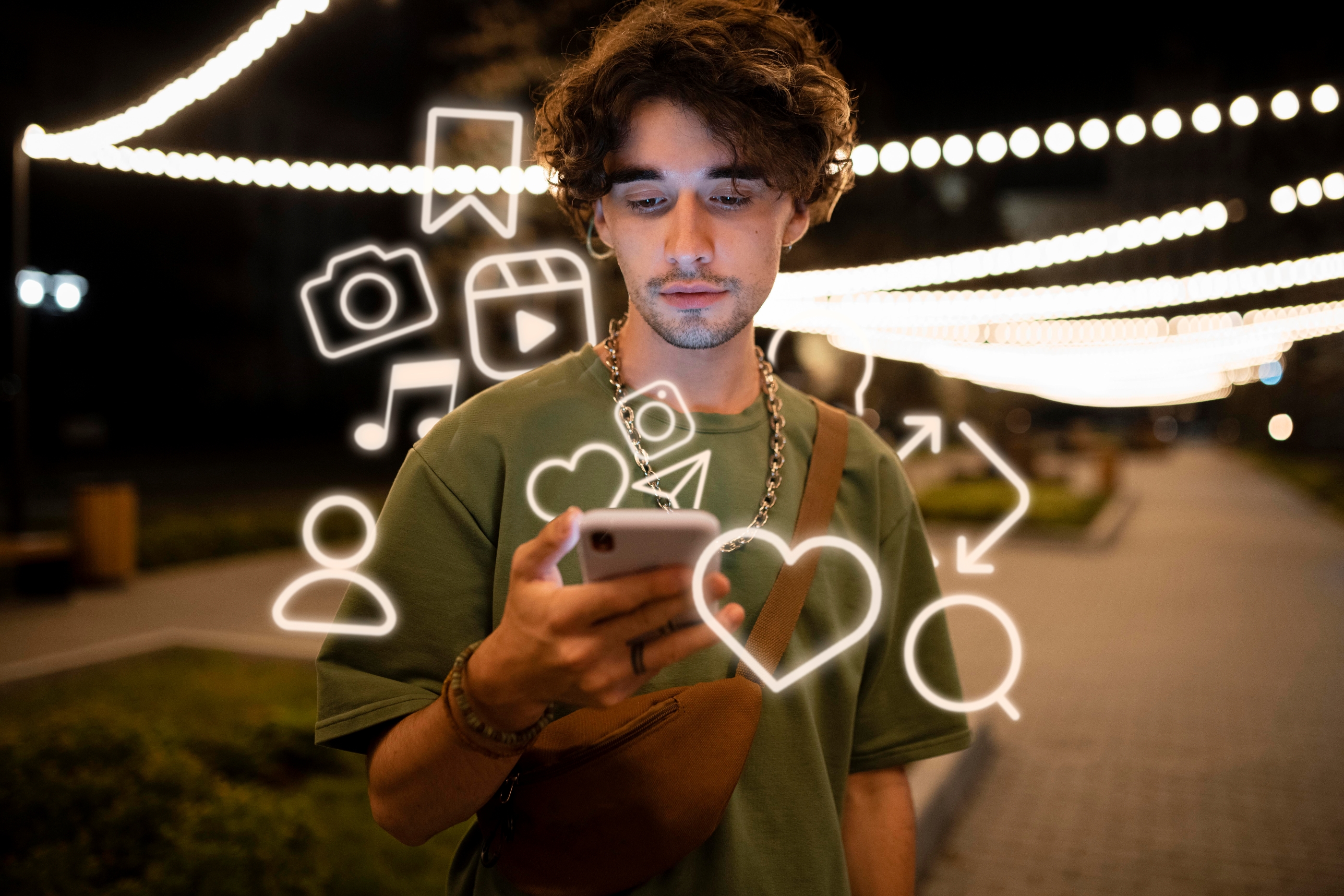


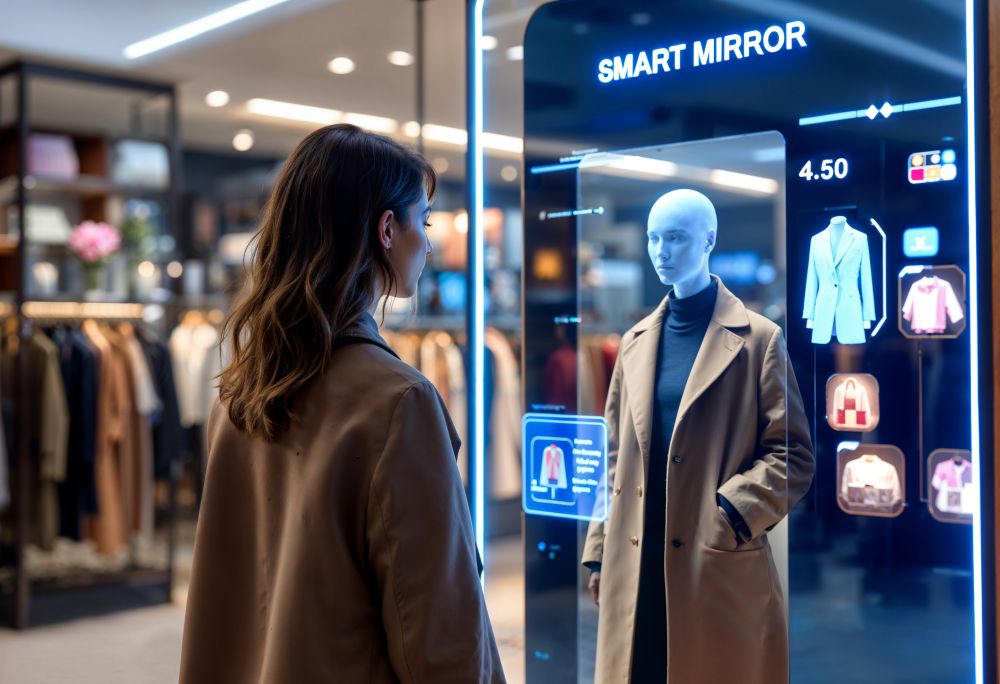
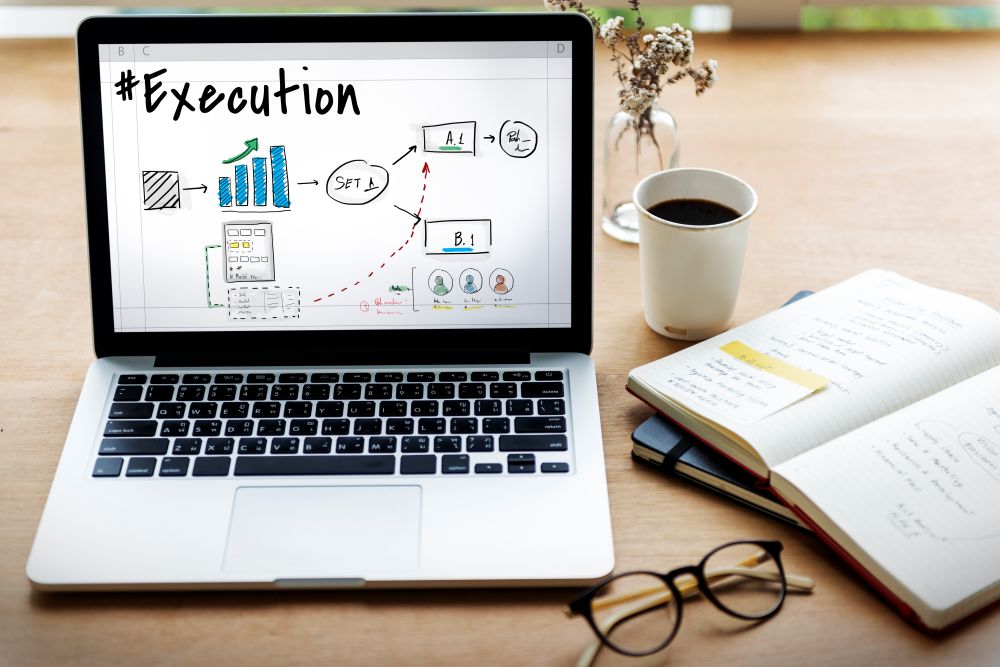

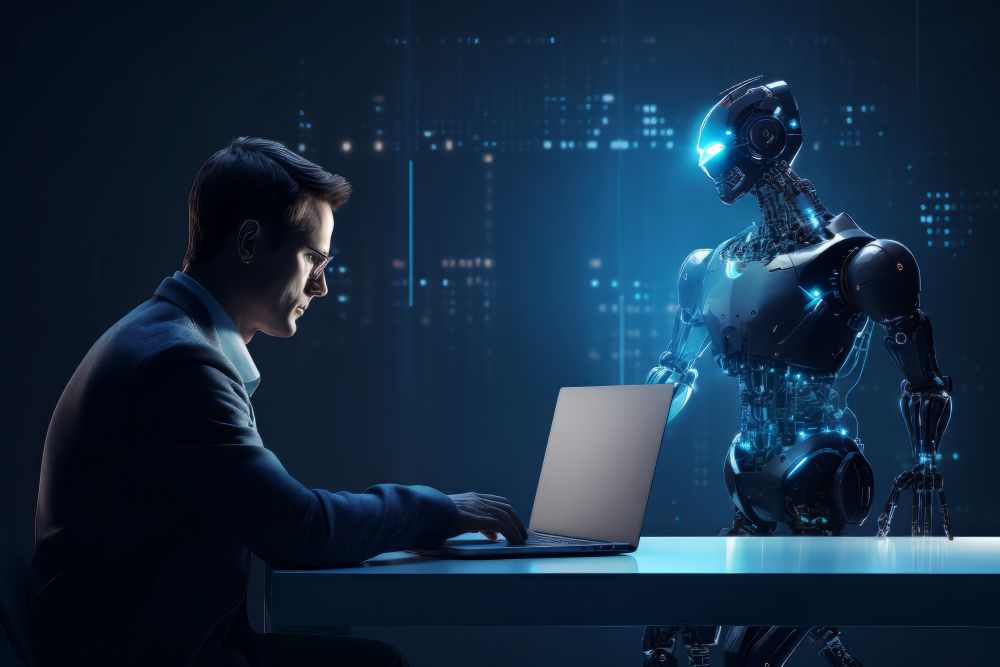
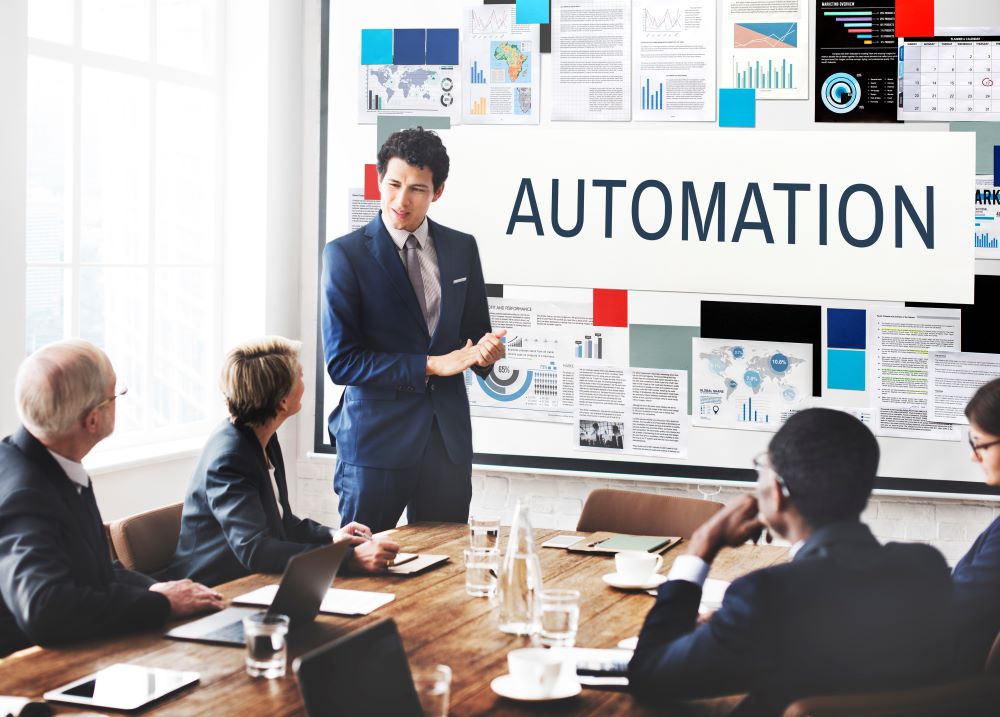
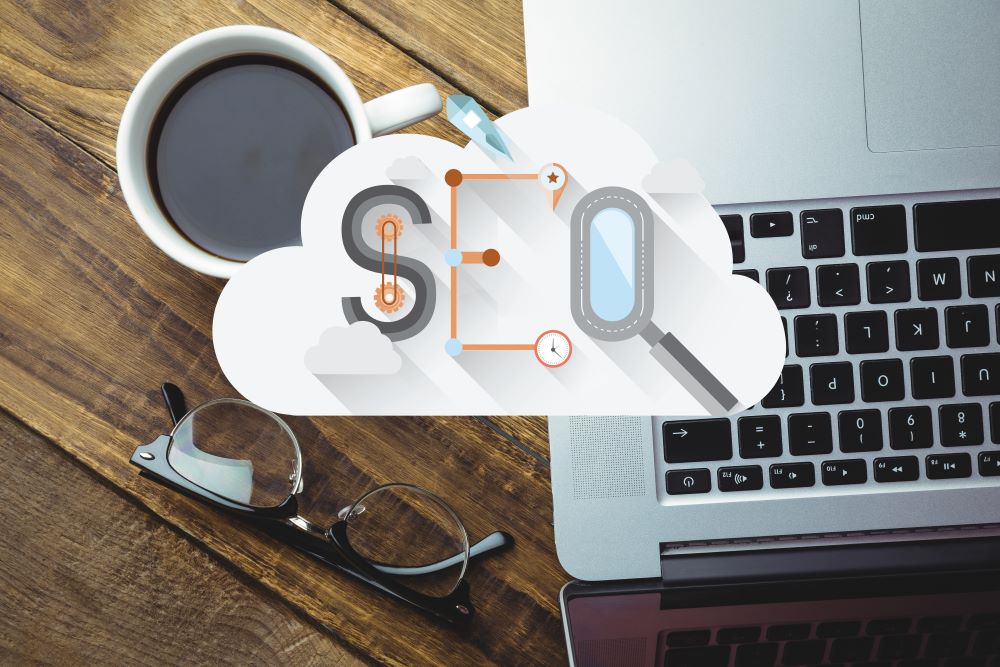


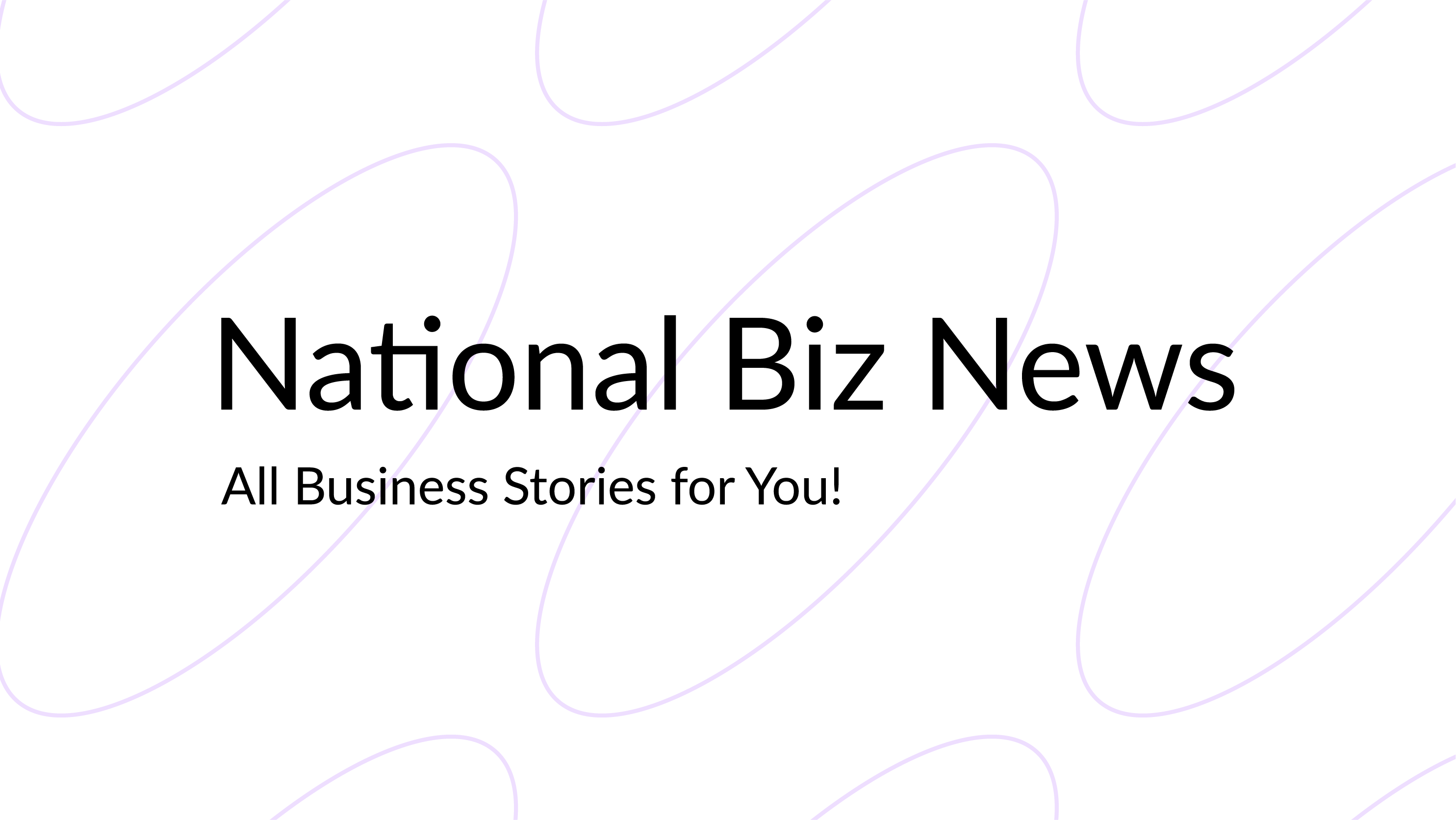




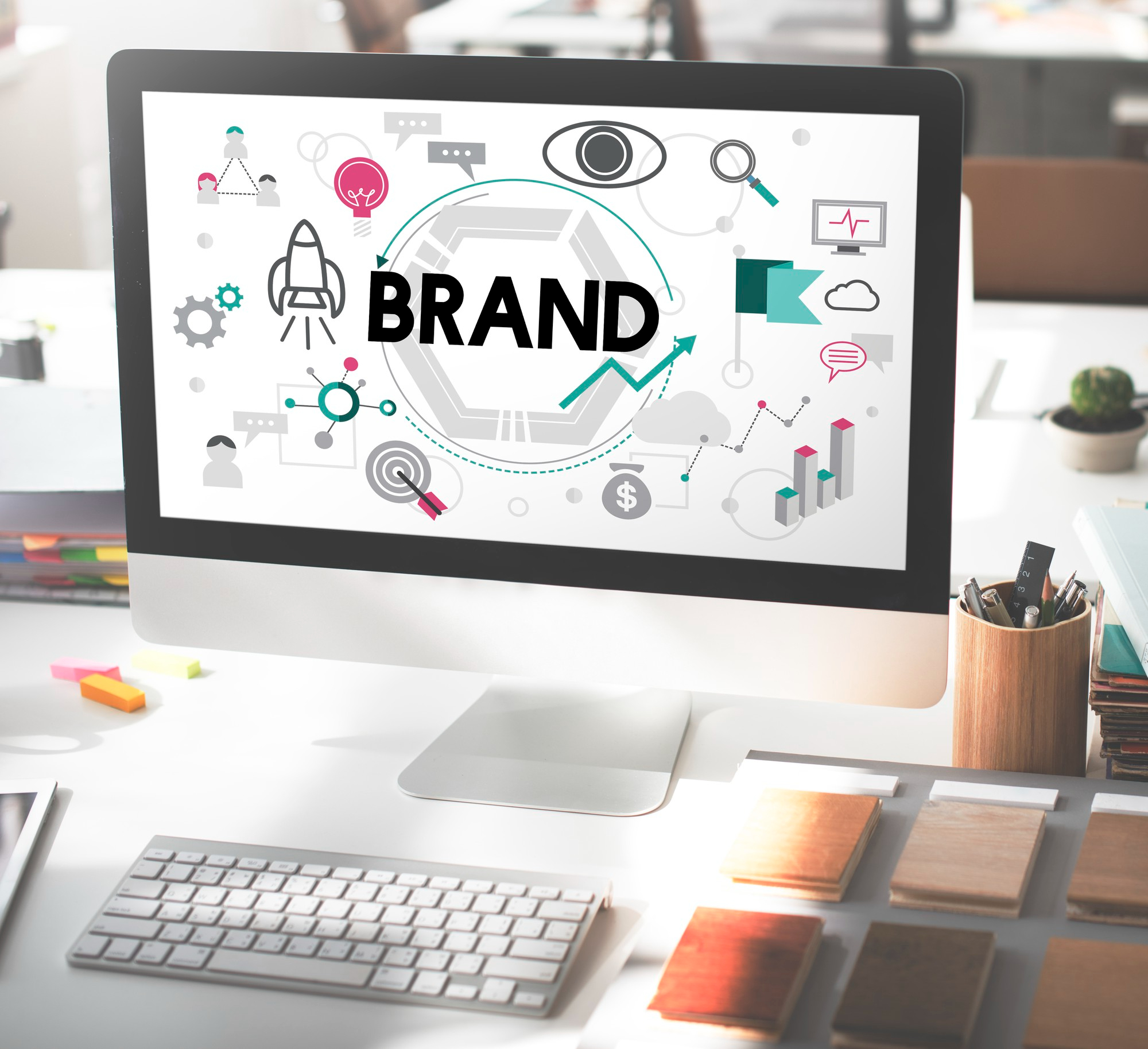
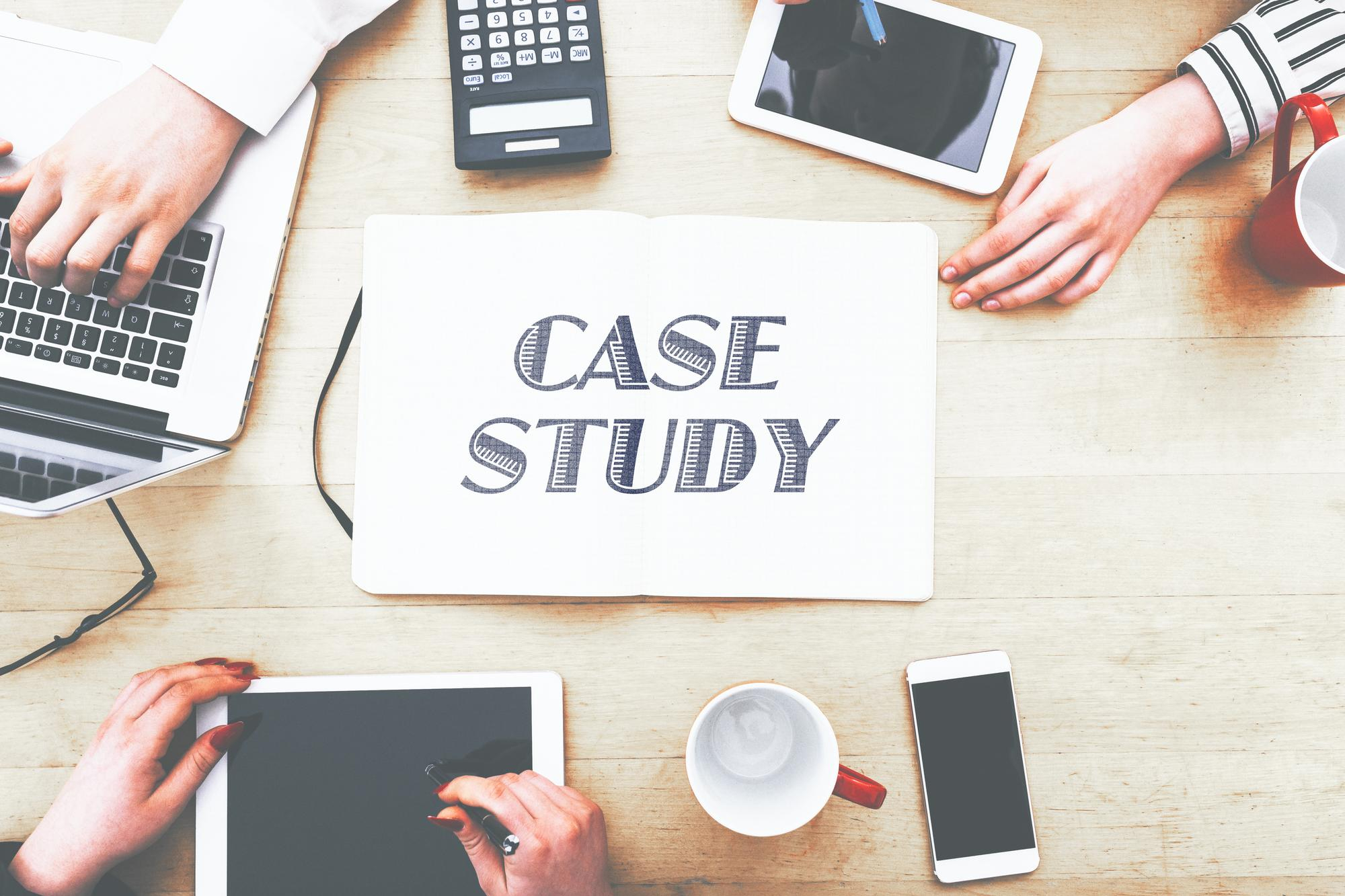
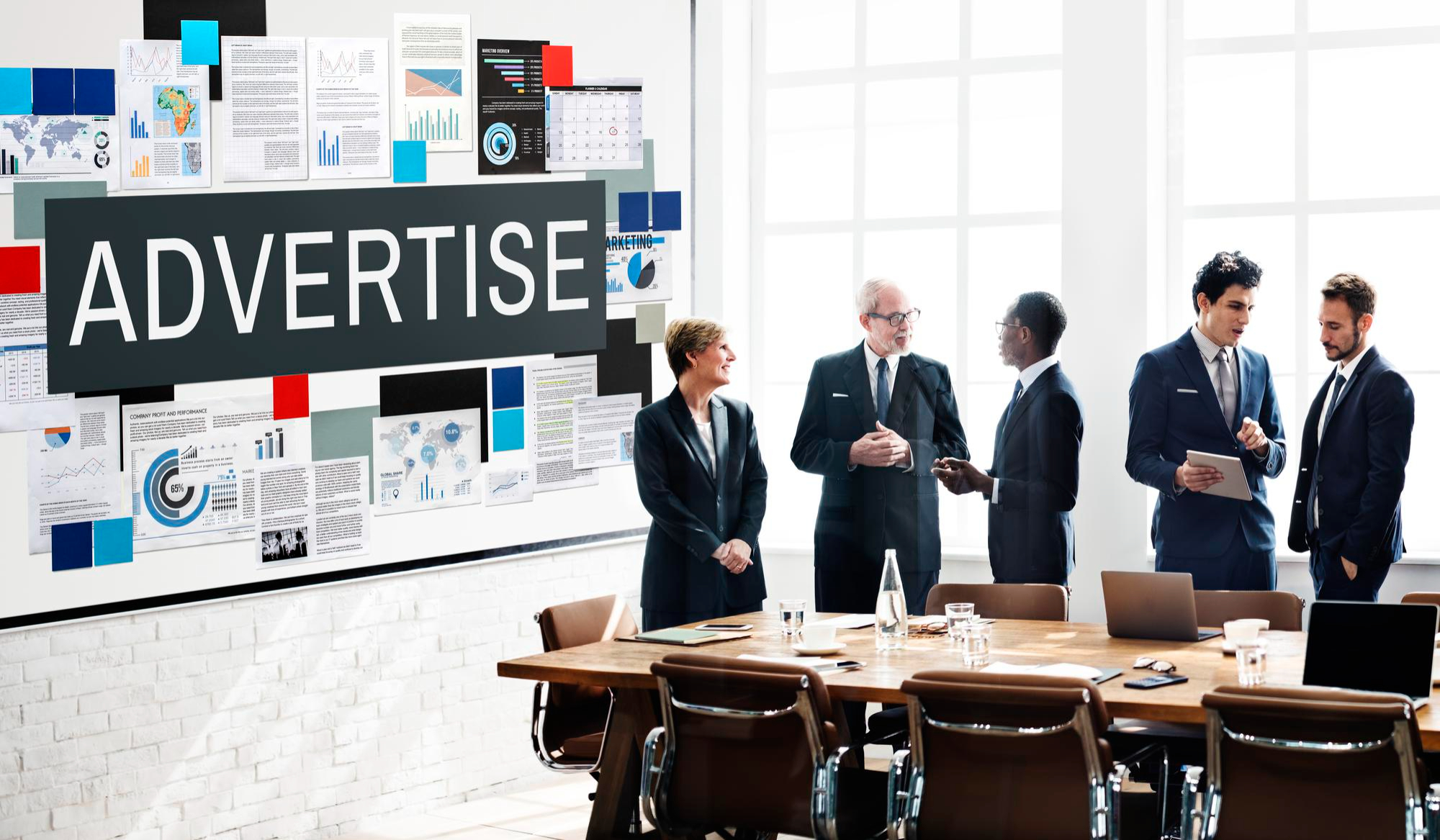
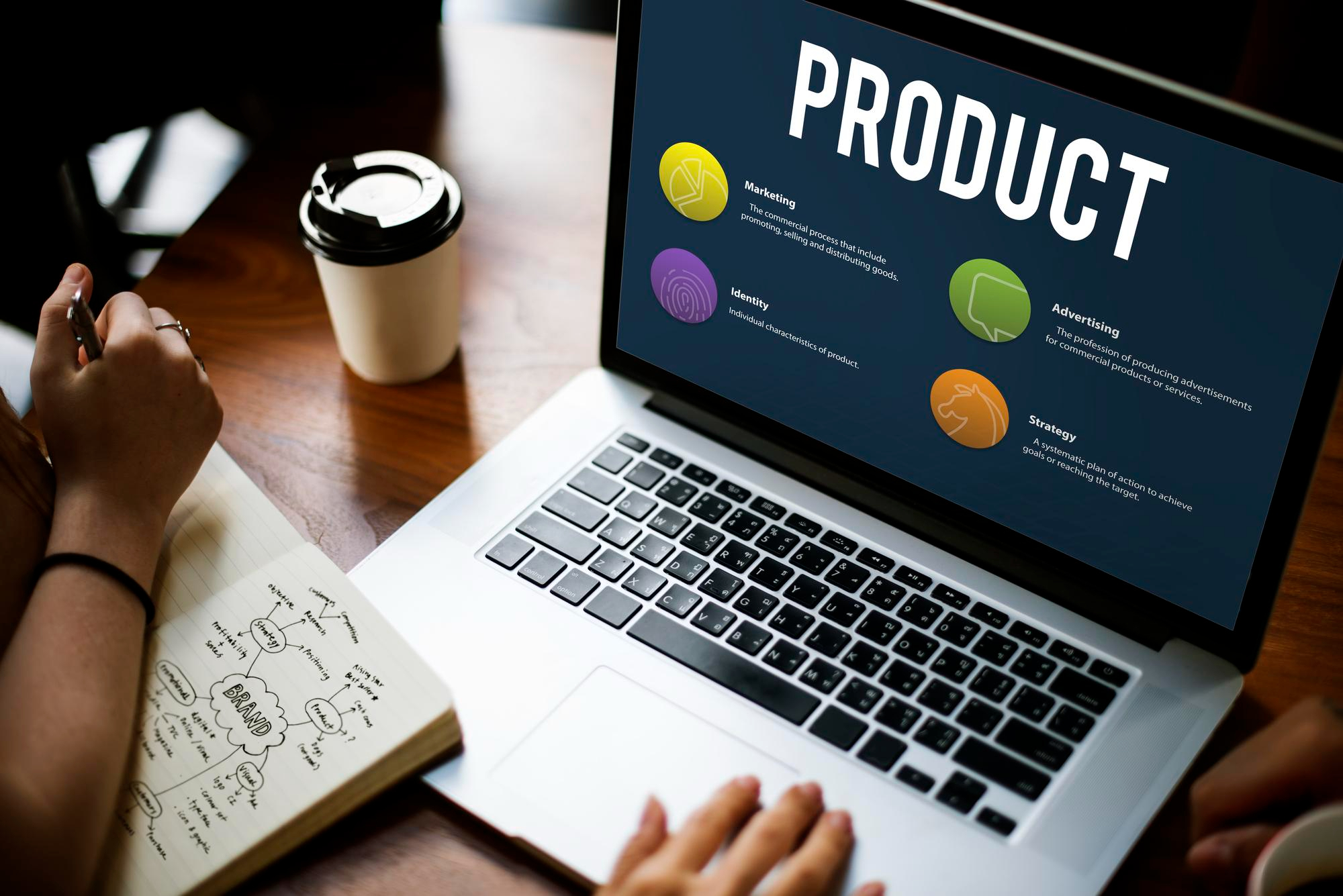
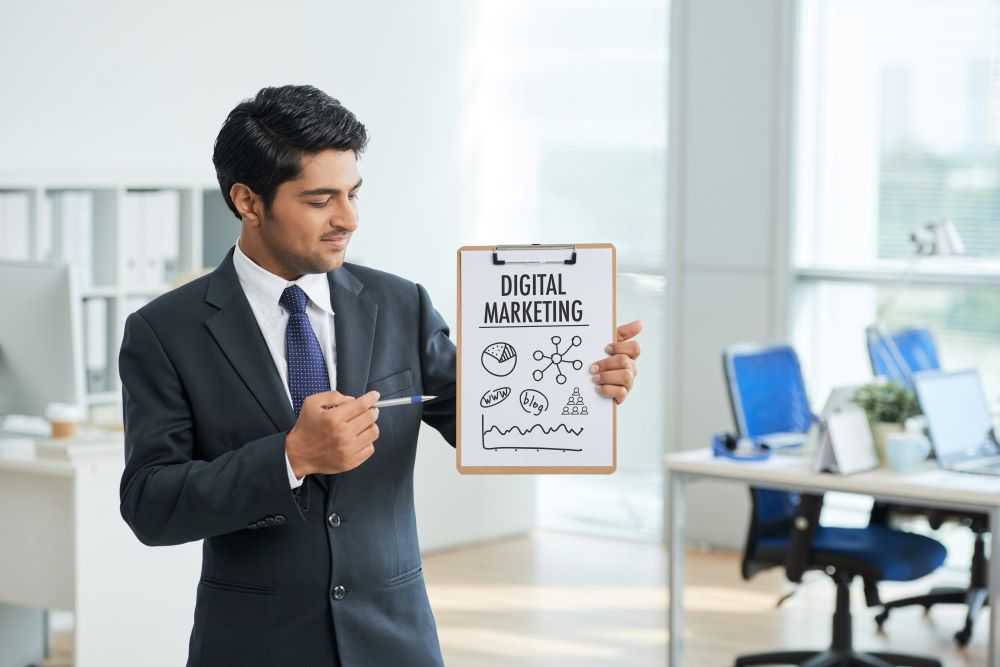
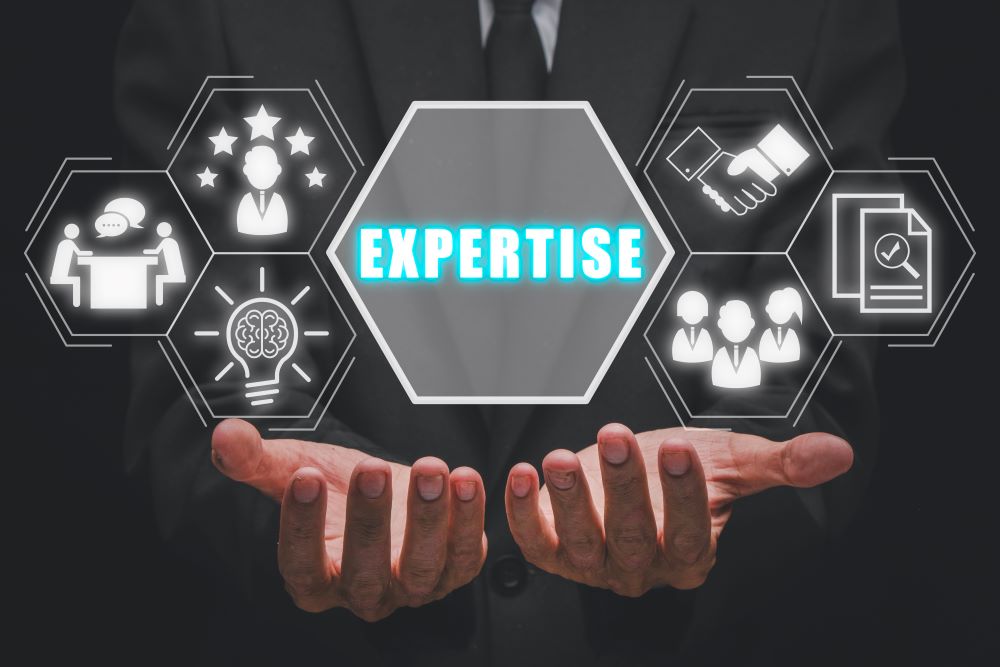


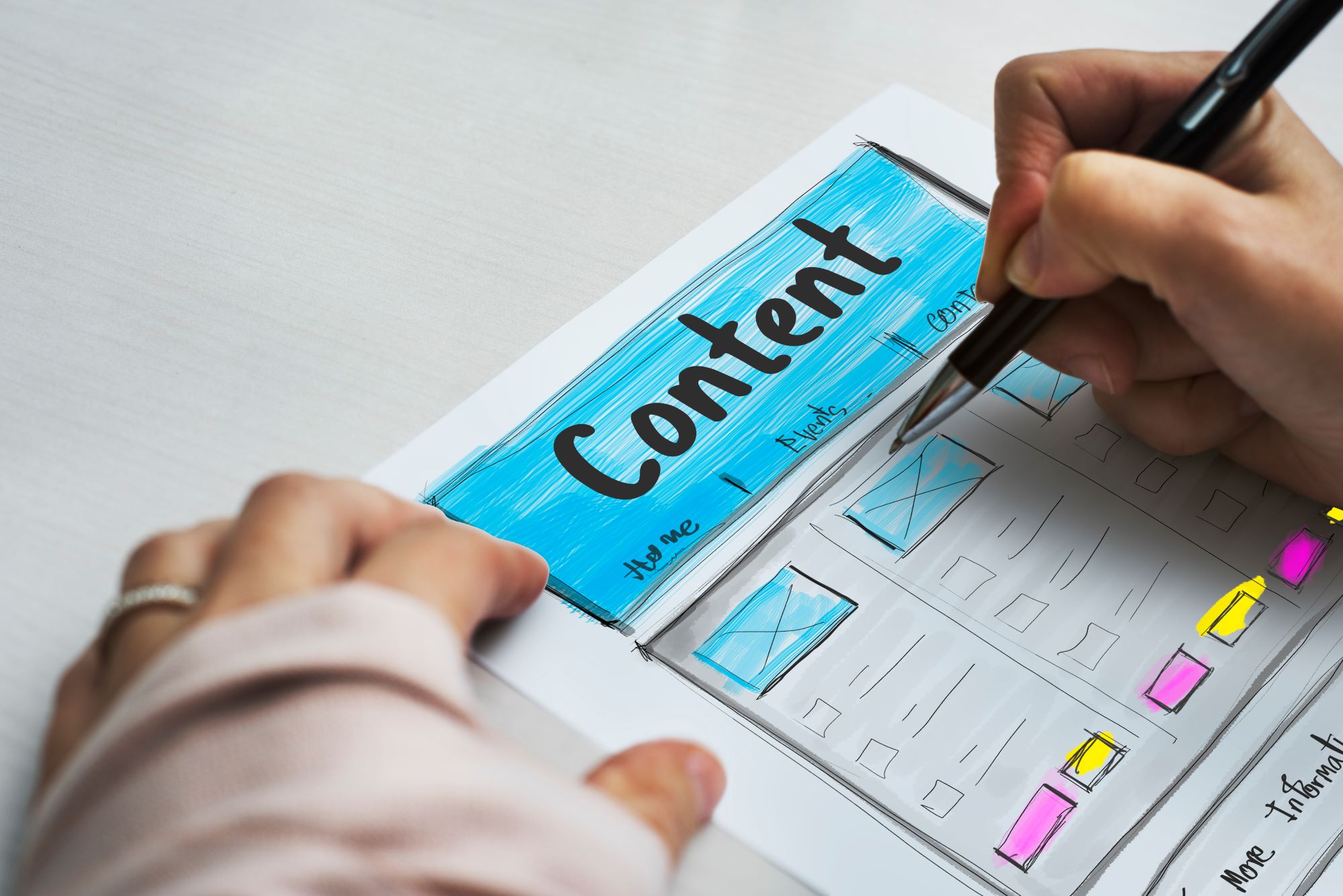

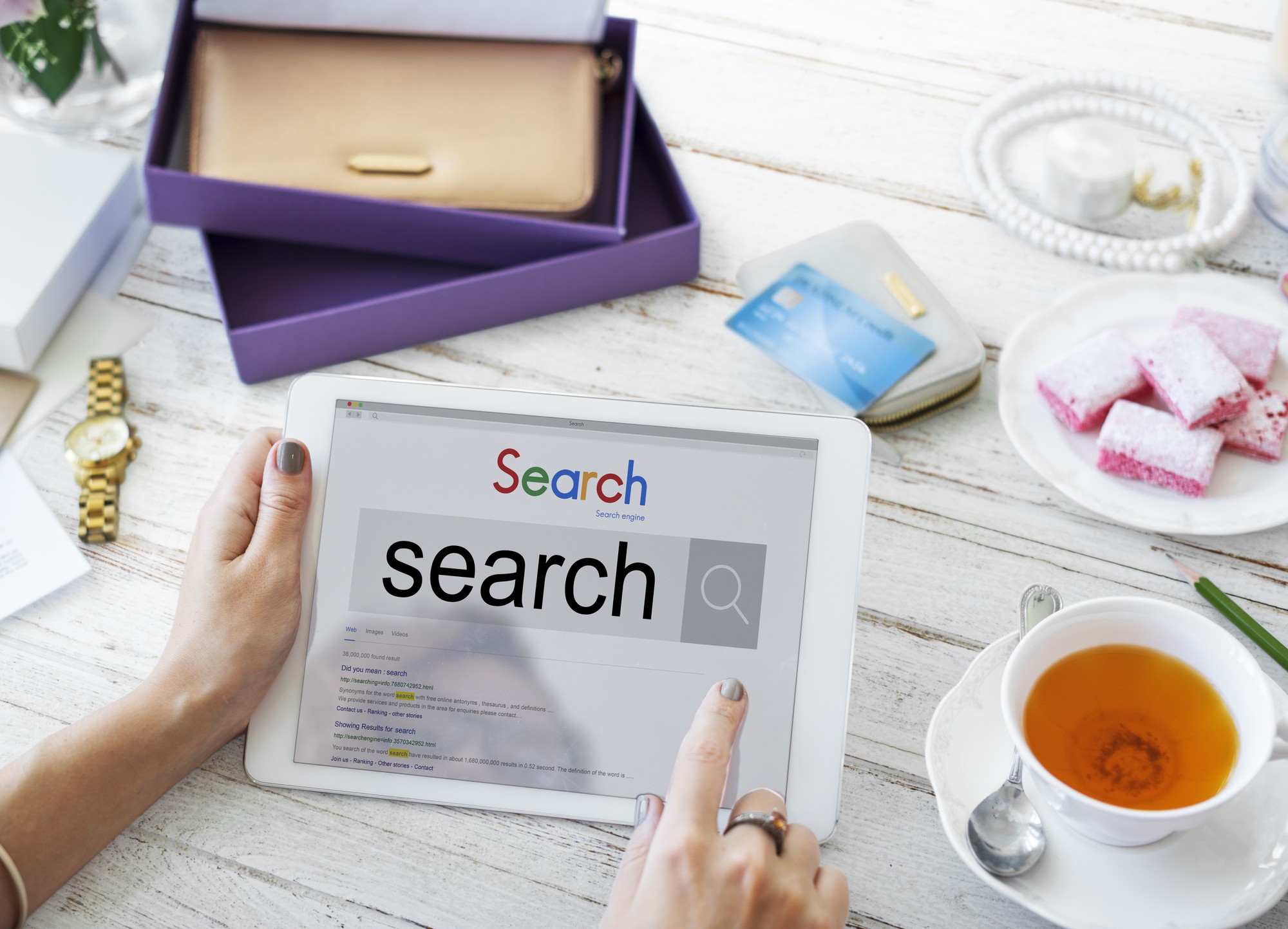
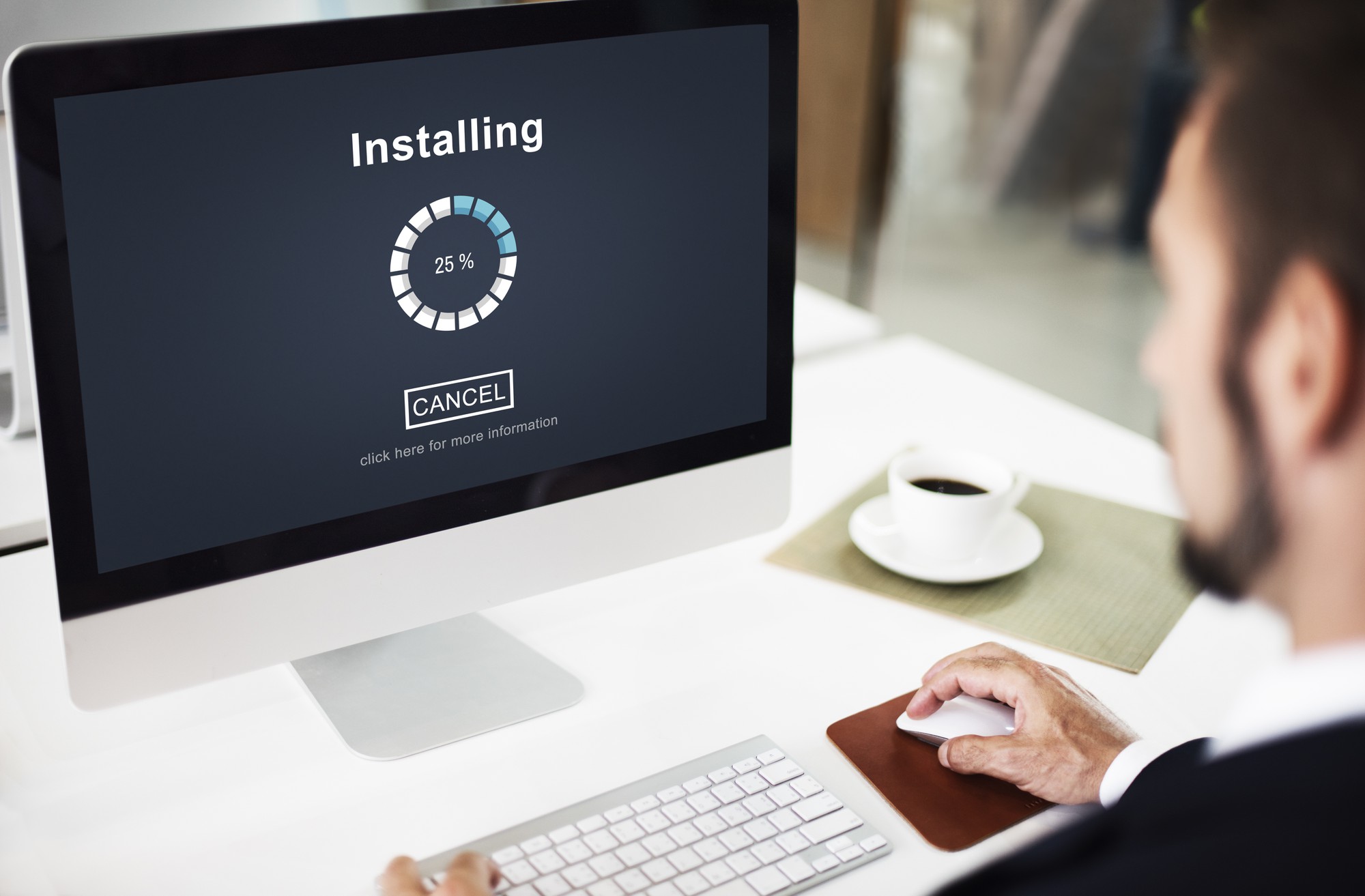
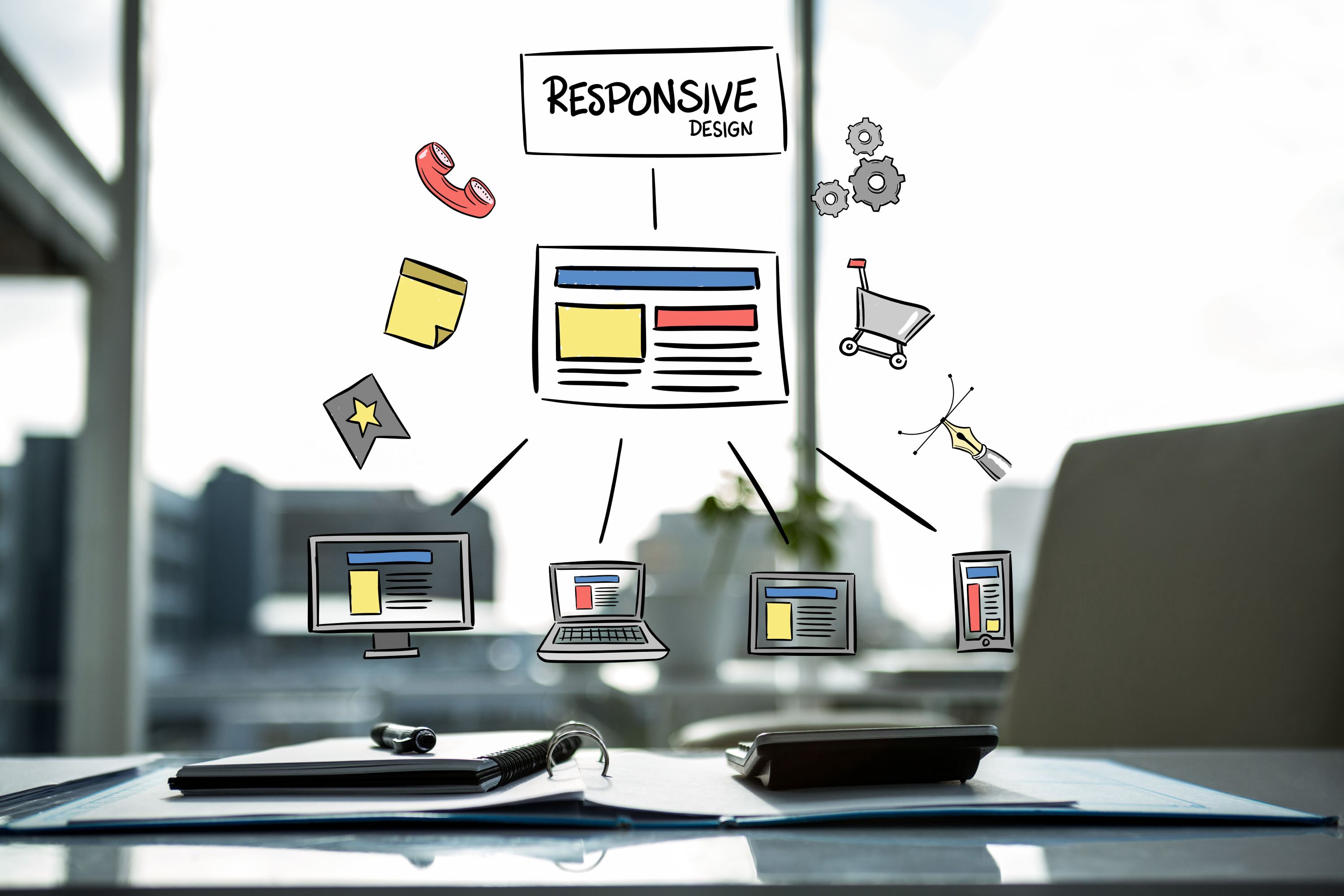

-compressed.jpg)



